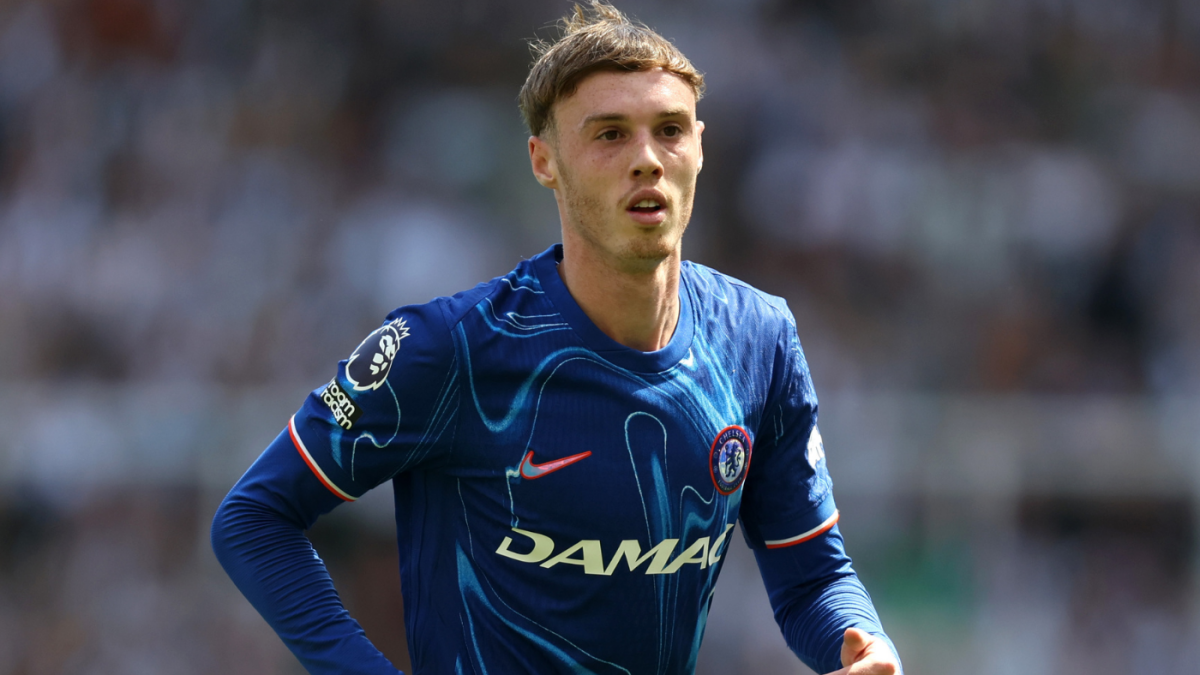A Clash of Cultures: Chelsea vs LAFC in the 2025 FIFA Club World Cup
In the world of football, few events stir anticipation like the FIFA Club World Cup, where champions from different continents face off in a display of skill, strategy, and pride. The 2025 edition frames a particularly compelling narrative: Chelsea, the seasoned European giants and 2021 UEFA Champions League titleholders, confront LAFC, the emerging Major League Soccer powerhouse from North America. This showdown is more than a match; it’s a vivid illustration of football’s evolving geography, styles, and ambitions.
The Encounter’s Depth: More Than Just a Match
Chelsea’s presence carries the weight of legacy and expectation. Although they secured Champions League glory four years prior, the 2025 squad is a new generation grappling with the pressures of living up to that heritage. Their evolution is marked not only by fresh talent but also the imperative to establish continuity amid a shifting football landscape. For Chelsea, the Club World Cup acts as a stage to gauge this growth against global competition and to assert their stature in the wider international arena.
In contrast, LAFC’s ascent highlights a different story — one of momentum and promise. Their strong regional showing, highlighted by victories including an important playoff win over Club América, and a ten-match undefeated streak, speaks volumes about MLS’s rising quality. LAFC symbolizes the dynamic energy and tactical versatility of North American soccer, eager to stake its claim against established powerhouses.
Spotlight on Key Figures: Duel of Talent and Experience
The individual matchups bring the drama into sharper focus. Denis Bouanga, LAFC’s sharpshooter with 12 goals across competitions, brings pace and precision that challenge defenders at every turn. Tasked with marking him is Chelsea’s Levi Colwill, whose defensive acumen represents the club’s hope for a stable rearguard. This direct contest paints a microcosm of the larger tactical battle: youthful exuberance battling structured discipline.
Chelsea’s offensive aspirations hinge in part on Liam Delap, a striker aiming to carve a niche in a fiercely competitive squad framework. His performance here could shape his early trajectory within the club. Meanwhile, Olivier Giroud’s presence on LAFC’s side adds layers of narrative texture. Once a top scorer for Chelsea and instrumental in their Champions League win, Giroud embodies the shared history and the changing currents as former allies become rivals on the global stage.
Tactical Storylines: Contrasting Philosophies in Motion
Chelsea’s system has evolved from their Champions League blueprint, maintaining an emphasis on fluidity in attack and structural solidity in defense. Manager Enzo Maresca’s approach calls for careful rotation as he negotiates the dual demands of domestic leagues and international fixtures, mixing continuity with adaptability.
LAFC counters with a style characterized by energetic pressing and rapid transition play. Their tactical flexibility allows them to shift between disciplined defensive setups and lightning-quick counters, exploiting fitness and cohesion honed during their unbeaten run. This clash is as much about strategy as it is about skill — European pragmatism meeting North American vibrancy.
Beyond the Match: Wider Implications for Clubs and the Sport
This group-stage fixture is not in isolation but part of a competitive tapestry woven with clubs like Flamengo, Boca Juniors, Benfica, and Espérance. Chelsea’s results here will resonate, setting momentum or exposing vulnerabilities in their quest for global silverware. For LAFC and MLS, a strong showing is crucial — it has implications beyond the field, influencing the league’s international perception, sponsorship appeal, and fan engagement.
Broadcast across prominent networks and streaming platforms such as TBS, truTV, and DAZN, the match’s accessibility underscores the growing global appetite for the Club World Cup. The choice of Atlanta’s Mercedes-Benz Stadium as the venue further reflects soccer’s expanding footprint in the U.S., casting this game as a centerpiece in the sport’s ongoing globalization narrative.
Conclusion: Turning Points and New Horizons
This encounter epitomizes the evolving football landscape where tradition meets innovation. Chelsea’s European pedigree and LAFC’s North American surge collide not just for points but for symbolic supremacy. Individual battles, tactical nuances, and historic subplots make this more than a contest: it’s a dialogue between eras and continents.
A win here offers more than advancement; it signals shifting power patterns and the widening reach of the beautiful game. As these two clubs face off under the global spotlight, they unravel a story of ambition, change, and the ever-expanding tapestry of soccer’s future. This is a defining moment — one that carries resonance far beyond the final whistle.











